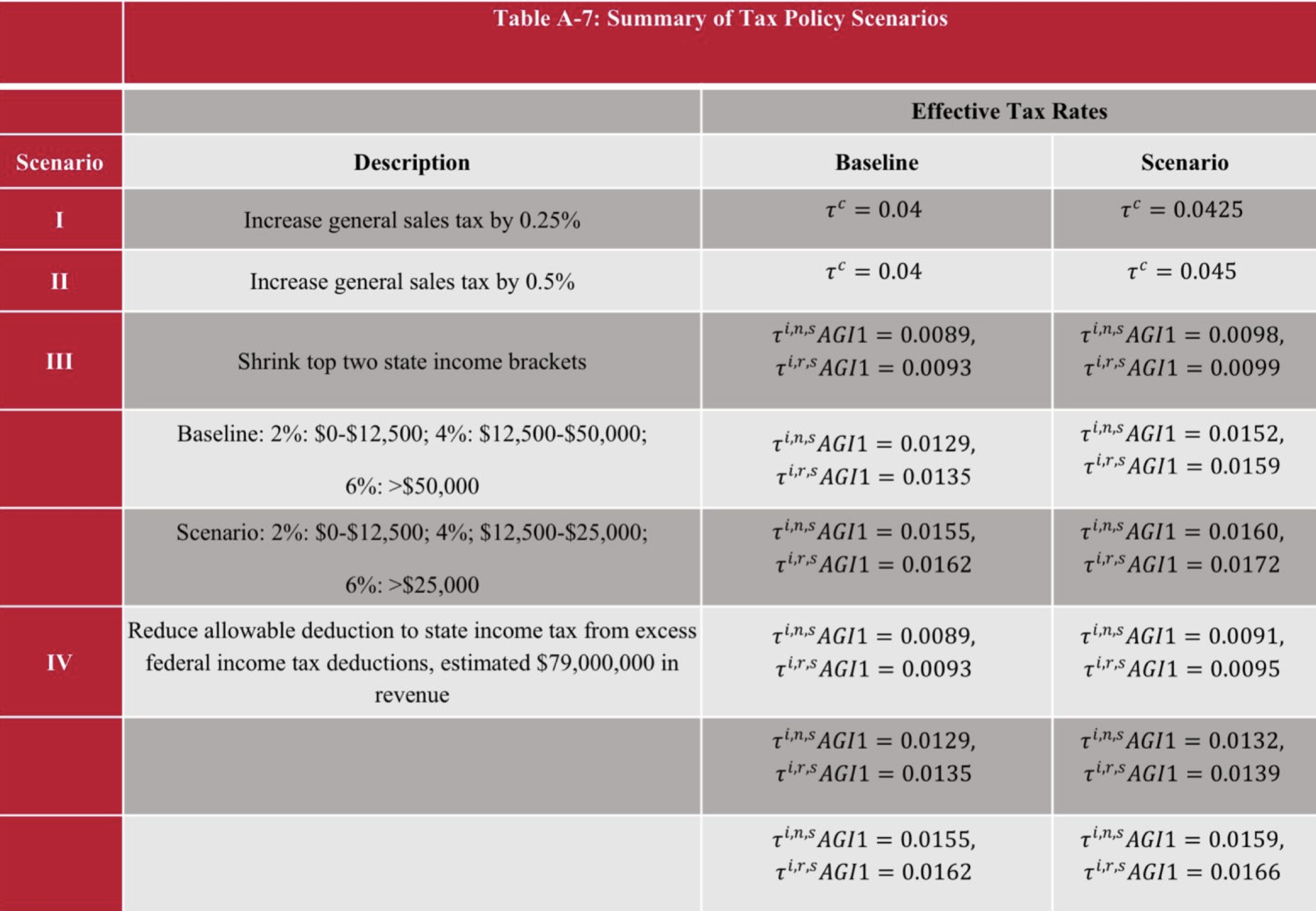Hours later, the Pelican Institute decided to show its math- they even bragged about it, which, unfortunately for the think tank, proves beyond any doubt that this study was fundamentally flawed and based on an entirely bogus set of assumptions.ANALYSIS: The Pelican Institutes study is "the most absurd 'economic study' you’ll likely ever encounter: a pathetically truncated four-paragraph-long talking points memo spread across four glossy pages" #lagov #lalege via @bayoubrief https://t.co/1ygP4QLsXP
— John Bel Edwards (@LouisianaGov) May 16, 2018
It constructed an economic model with incorrect baselines, claiming that state sales taxes were 4% and not what they actually are, 5%. This fact alone invalidates their findings, and as such, it promotes fake news and transparently false methodology. No one is arguing in favor of a tax hike.Respectfully, the methodology used in this report is rock solid & it's findings are serious. The question is, should working families bear the brunt of higher taxes because of skyrocketing state spending. Fact-based debate is good – let's have more of it. https://t.co/QFuAqjimRV https://t.co/YOL70Kr5hc
— Pelican Institute (@PelicanInst) May 16, 2018
 Again, because their baseline numbers were incorrect, the entire study is invalid: 0.04 should be 0.05, the effective tax rate. If they had started with the current numbers as their baseline and the reduced numbers as their “scenario,” the study would have shown dramatically different results.
But there is one other thing: The Pelican Institute’s model included multiple references to numbers collected from the Ohio Department of Taxation, inadvertently proving the organization hadn’t even thought to remove citations to another report about another state facing an entirely different set of circumstances, (After I pointed this out, they removed those citations and scrambled to upload a corrected document).
Unfortunately for the Pelican Institute, I saved the original report before they removed it online.
Again, because their baseline numbers were incorrect, the entire study is invalid: 0.04 should be 0.05, the effective tax rate. If they had started with the current numbers as their baseline and the reduced numbers as their “scenario,” the study would have shown dramatically different results.
But there is one other thing: The Pelican Institute’s model included multiple references to numbers collected from the Ohio Department of Taxation, inadvertently proving the organization hadn’t even thought to remove citations to another report about another state facing an entirely different set of circumstances, (After I pointed this out, they removed those citations and scrambled to upload a corrected document).
Unfortunately for the Pelican Institute, I saved the original report before they removed it online.
 It should be abundantly clear that, in a rush, The Pelican Institute hastily scrambled to recycle the formula used in a different work product as something original and thorough.
Once again, it’s worth reiterating: We ran state government on the fumes generated by talking points for most of the past decade. It bankrupted us.
Now maybe we should learn some simple economics and basic arithmetic.
It should be abundantly clear that, in a rush, The Pelican Institute hastily scrambled to recycle the formula used in a different work product as something original and thorough.
Once again, it’s worth reiterating: We ran state government on the fumes generated by talking points for most of the past decade. It bankrupted us.
Now maybe we should learn some simple economics and basic arithmetic. 